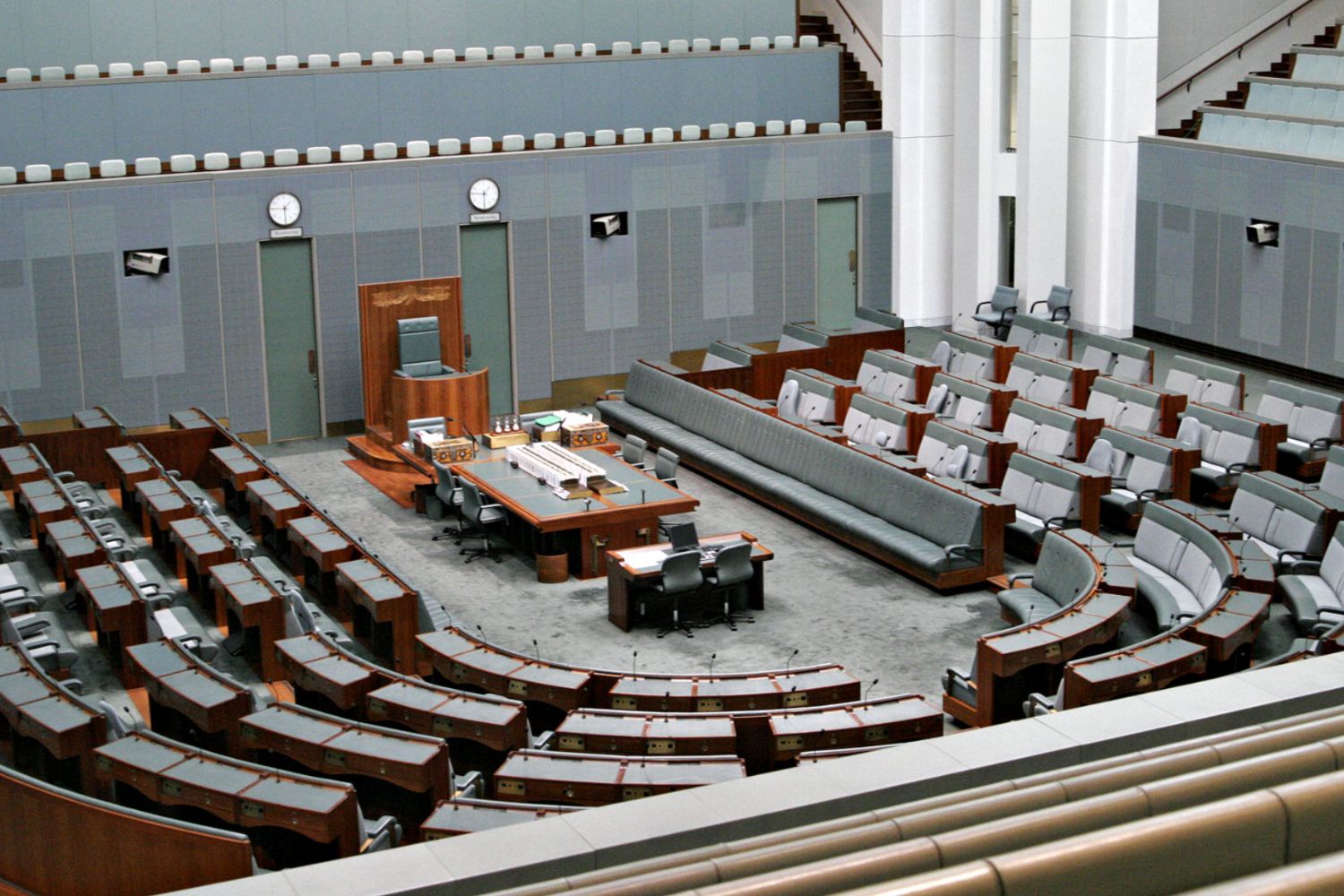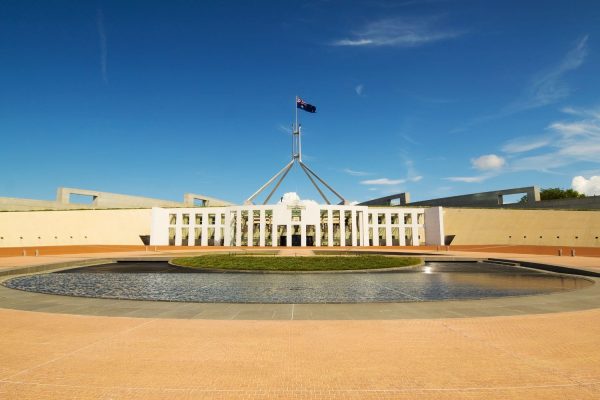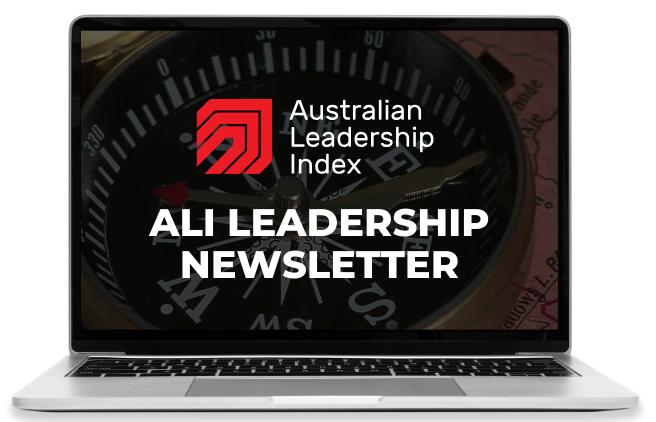The ongoing consultancy scandal involving the ‘big four’ consulting firms and government has brought to light issues of integrity within all levels of Australian government, with new analysis from the Centre for Public Integrity showing that spending on advisory services has increased by over 1270% over the past ten years. Some have argued that this is tantamount to outsourcing the ‘functions of democracy’.
Several governments bodies have already moved to curb influence of these consulting firms, with the NSW and Queensland state governments temporarily banning PwC from taking on new government contracts while it is being investigated for misusing confidential government information to help its clients avoid paying tax. However, a temporary ban is unlikely to impress the Australian public. Much more action needed to ween Australia’s governments off of their consultancy addiction.
Reducing the influence of these consultancies and providing more transparent data about spending on these external services will likely help improve perceptions of integrity within all levels of the Australian government. Our data has shown that public perceptions of government leadership integrity have been low for several years now. In this article, we’ll take a look at how integrity perceptions are affecting perceptions of government leadership for the greater good.
Federal government integrity: What, exactly, are our taxes being spent on?
Perceptions of federal government integrity have declined to new lows on our index as highlighted in Figure 1, just shortly after the Australian government spent millions on the rejected Voice To Parliament referendum and the big four consultancy scandal began to come to light. Perhaps the most concerning of these scandals for the Australian public is the federal government’s defence consulting with KPMG.
In August, company whistleblowers told the ABC’s Four Corners program that the company had been submitting inflated invoices and billing the government for hours not worked for many years, with over $1.8 billion spent by the Australian Department Of Defence in the past decade. The sensitive nature of Defence work makes it hard to ascertain what services were purchased, only compounding concerns about government integrity, transparency and trustworthiness.

As highlighted above, integrity scores significantly improved for the federal government after last year’s election, with Australians clearly optimistic that the Albanese government would be an improvement over its predecessor. It is clear, however, that the public have now changed their mind, with perceptions of integrity falling to levels not seen since the Morrison government.
This issue is not limited to the federal government, however. State governments are being called to answer the same questions as their federal counterparts, with the same questionable relationships with Australia’s biggest consulting firms.
STATE GOVERNMENT INTEGRITY ALSO BELOW PAR
Record spending by the federal government on consultants is a tendency that has trickled down to our state governments, with the NSW and Victorian governments spending $2 billion on external consultants over the past decade. While government agencies manage staff wage caps, audited spending and heavy workloads, it appears these consultants have had an open checkbook from the country’s state governments, essentially outbidding each other and driving up the price of expensive and sometimes unperformed services.
Revelations of these consultancy scandals has forced a number of state governments to act. The SA government is reviewing all PwC contracts, the NSW government is conducting a parliamentary inquiry into the consulting industry and Queensland’s Liberal opposition has vowed to cut use of external consultants if it is to win the 2024 state election.
But whether these good intentions are strong enough to win back public opinion remains to be seen. As shown in Figure 2, public perceptions of state government integrity dropped significantly in early 2023, only now rebounding as the consultancy saga slowly played itself out.
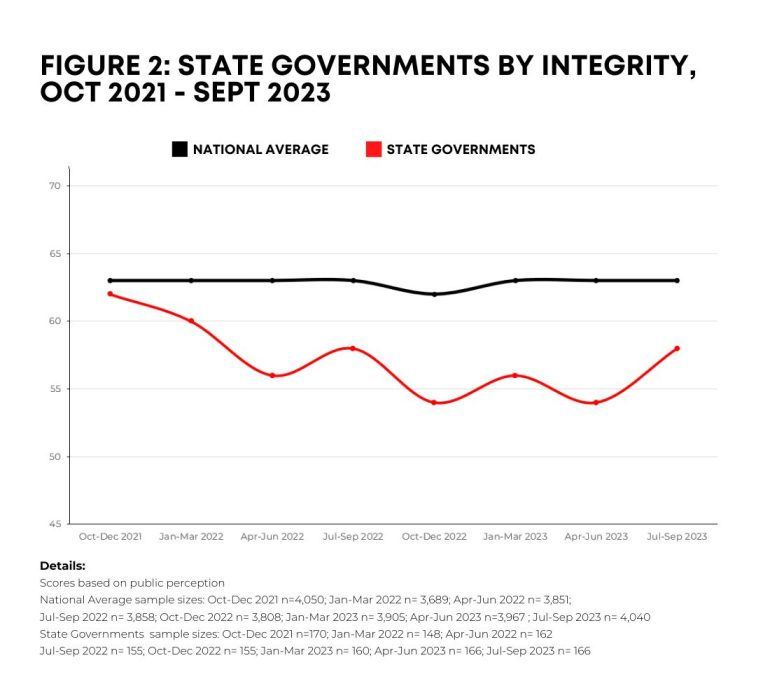
The departures of Premiers Mark McGowan and Daniel Andrews may have also played a part in this rebound in perceptions, with McGowan stepping down from his WA office in June and Andrews stepping down from his Victorian premiership in September. Both of their governments were seen as generally competent by the public but generally lacking in government leadership integrity. If the aforementioned consultancy scandals are anything to go by, the public has been correct in its assumptions.
LOCAL COUNCILS TRACKING WELL, BUT THERE IS ROOM FOR IMPROVEMENT
Highly publicised integrity issues at the federal and state level have not been as apparent at the local level and this is reflected in our data, with Australians seeing this institution as on par with our national average, as highlighted in Figure 3 below. But this is not something for our local leaders to be especially proud of, with integrity our poorest rated core metric on the index. Australians generally see our institutions as competent and contributing well to society, but lacking in the transparency of our highest rated institutions, (e.g., our emergency services, public health system and higher education institutions)
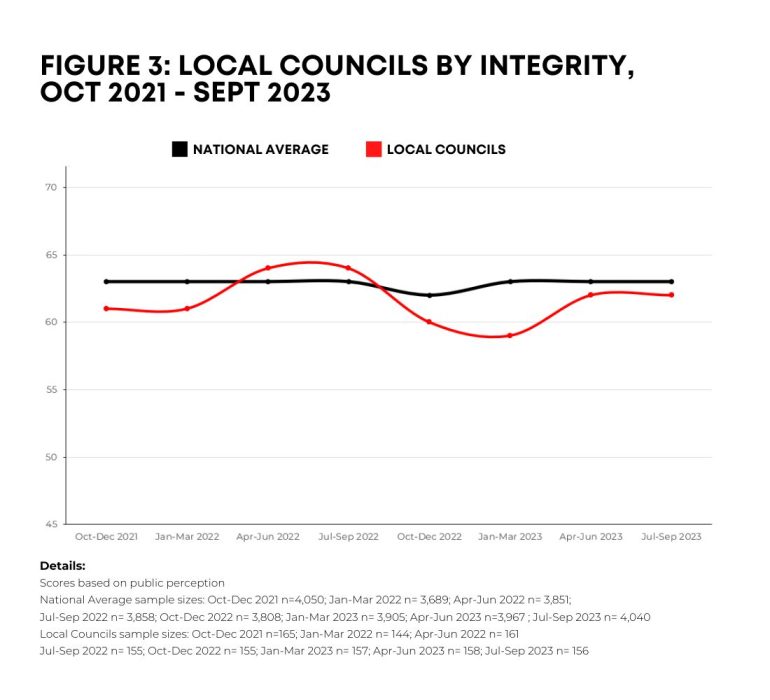
Although competent institutions that contribute to society are vitally important, public integrity is critical. Public perceptions of institutional integrity are majors driver of perceptions of institutional leadership for the greater good, especially for government institutions. As seen in Figure 4 below, the three levels of government leadership are all significantly lower than the national average on leadership, a fact partly attributable to their perceived lack of public integrity.
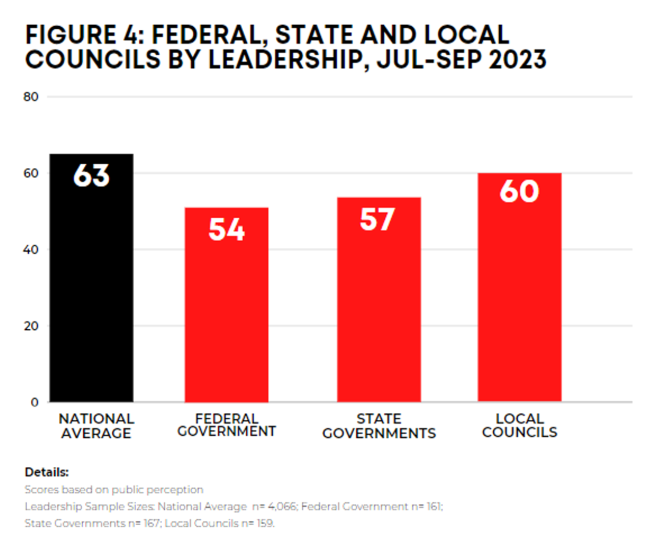
Our data consistently shows that Australians believe that leadership standards at all levels of government is not good enough. Without properly taking on their unique responsibility to govern for the greater good, and being accountable and transparent to the public, leadership perceptions of government will continue to be poor.
It is time for Australian governments at all levels to commit to and hold themselves to higher standards of integrity and start to rebuild public trust.
